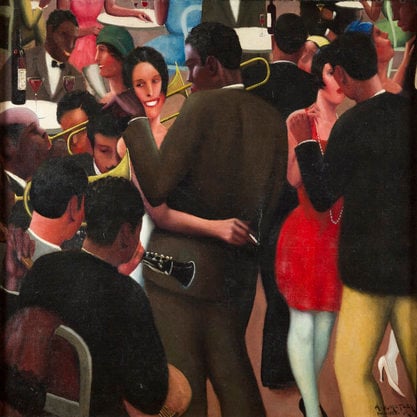Article
Ungaretti, Giuseppe (1888–1970) By Fabietti, Elena
Article
Giuseppe Ungaretti was a major Italian author of the first half of the twentieth century. In his poetry he achieves a massive reinvention of Italian poetic language, abolishing punctuation, dismembering syntax and fragmenting the verse into single verbal units. Words acquire a completely new relevance and density, which counterweigh the abundance of silence and blank space, in ways that resonate with the models of Symbolism and the avant-garde, without coinciding with these.
Born in Alexandria in Egypt in 1888 as the son of an emigrant family, Ungaretti received a bilingual education in Italian and French. After moving to Paris in 1912, he became part of Parisian intellectual and poetic life, attended classes at the Sorbonne and came into contact with all major cultural personalities of the time, such as Henri Bergson, Guillaume Apollinaire, Pablo Picasso, and the Italian futurists, among others.



